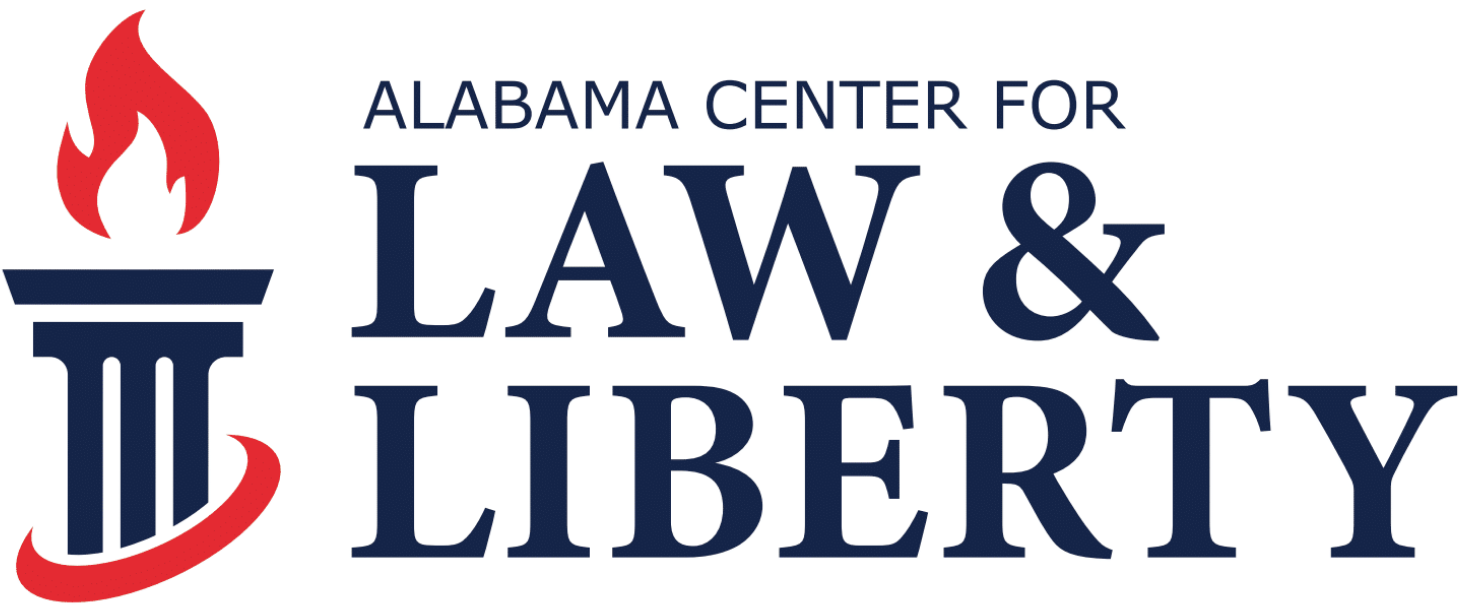303 Creative, LLC
v.
Elenis
ACLL Role:
Case Start Date:
Original Court:
Practice Area(s):
Amicus
September 20, 2016
U.S. District Court for the District of Colorado
Limited Government; Free Markets; and Strong Families
ACLL Role: Amicus
Case Start Date: September 20, 2016
Deciding Court: U.S. Supreme Court
Original Court: U.S. District Court for the District of Colorado
Practice Area(s): Limited Government; Free Markets; Strong Families
Practice Area(s): Limited Government; Free Markets; Strong Families
CASE SNAPSHOT
In Colorado, a Christian creative professional named Lorie Smith creates websites for couples who are getting married. Lorie uses her artistic creative skills to help people celebrate that monumental day. But as a Christian, she does not believe that she can put her talents to work to celebrate same-sex weddings in good conscience. The State of Colorado has told her that she either needs to cater to same-sex weddings or get out of the wedding business altogether. Lorie’s case eventually reached the Supreme Court, which agreed to hear it on February 22, 2022. ACLL filed a friend-of-the-court brief arguing that while public-accommodation laws (such as the Colorado law at issue here) serve valid purposes, they are still subject to constitutional guarantees such as free exercise of religion and freedom of speech.
Status:
ACLL filed a friend-of-the-court brief at the Eleventh Circuit on May 31, 2022.
For the Media

CASE SUMMARY
Background
Ever since the LGBT movement pushed to legalize same-sex marriage, Christians and other people with religious objections to same-sex marriage have been wondering: will the First Amendment protect my right to say no if I’m asked to participate in this? For years, the Left’s mantra was tolerance, which means that everyone gets to do what they want and agree to leave each other alone. But as soon as same-sex marriage was legalized, the Left immediately abandoned the tolerance theme and tried a new angle: nondiscrimination. In reality though, that means that Christians had to endorse, promote, and celebrate same-sex marriage and similar values, or face the wrath of the government.
Enter Lorie Smith, a Christian creative professional in Colorado. Lorie is a graphic designer who creates custom websites for couples that want to get married. Lorie is a Christian, and in accordance with two millennia of Christian teaching, she believes that marriage is between one man and one woman. Consequently, she did not believe that she could use her artistic talents to celebrate same-sex weddings.
The State of Colorado was unwilling to tolerate her religious objections. Colorado passed a public-accommodation law providing that one could not discriminate on the grounds of sexual orientation or gender identity in how one conducted his or her business. This meant that if Lorie refused to cater to same-sex weddings, she would have to face the wrath of the state. Lorie sued under the First Amendment, but the lower courts rejected her claims. Fortunately, the Supreme Court agreed to hear her case in February 2022. The Supreme Court specified that it would consider whether the Colorado law, as applied to Lorie, violated her right to freedom of speech by forcing her to speak a message with which she disagreed.
The Expanding Scope of Public-Accommodation Laws
When an organization like ACLL files an amicus brief, the Supreme Court wants it to brief an issue that is relevant to the case but that the parties have not already briefed. (Supreme Court Rule 37.) Thus, to complement the arguments made by Lorie’s attorneys, ACLL decided to talk about how public-accommodation laws have been drastically expanding in recent years and how they could consume constitutional rights in the process.
At the time of the American Founding, public-accommodation laws were very limited in scope. Instead of applying to everyone that was open for business, public-accommodation laws applied to people who provided food, drink, and shelter. What do these vendors have in common? They all provided services that people needed in order to live. At times, the law also applied to people who were in the transportation and communication businesses, because they provided fundamental infrastructure that people needed in order to get things like food, drink, and shelter. Thus, the law compelled those who provided absolutely necessary goods and services to the public to serve everyone who came to them unless they had good reason to turn them down.
The Civil Rights Act in the 1960’s provided that one could not turn down a customer on the basis of race. The Civil Rights Act was a good law that remedied a very real problem: African-Americans not getting access to the goods or services that they needed because of race. ACLL takes no issue with the Civil Rights Act.
But over the last 20 years in particular, the scope of public accommodation laws have expanded in two ways. First, they have come to define pretty much anyone who is in business as one who is subject to a public-accommodation law. Second, they have expanded the scope of protected classes to include sexual orientation and gender identity. Both of these developments would have been shocking to those who framed our Constitution.
Thinking Carefully About Constitutional Rights
Undoubtedly, public-accommodation laws in their traditional role were good, as was the Civil Rights Act. But if we are not careful, the ever-expanding scope of public-accommodation laws can sweep away fundamental liberties in the process. Three in particular come to mind.
The first is freedom of religion. This Country was settled by people who were seeking to exercise their faith freely. Since free exercise of religion is our first freedom, it must be protected. LGBT nondiscrimination laws do not get a pass simply because they were passed under the guise of public accommodations.
The second is freedom of speech. Closely related to free exercise of religion is the freedom from having to speak a message that violates one’s deeply held beliefs. As bad as the courts have been sometimes, they have been good at protecting freedom of speech. In the same way, public-accommodation laws cannot force a person to speak a message which he or she finds blatantly immoral.
Finally, there is freedom from involuntary servitude. This is the right to be free from working for another against one’s will. While the Thirteenth Amendment’s prohibition on involuntary servitude would not have included the right to refuse the kinds of necessary services described above, it would prohibit the government from forcing one to put her artistic skills to work for another against her will. Leading commentaries from the nineteenth and twentieth centuries have held that forcing one to perform a personal-service contract against her will could violate the Thirteenth Amendment. ACLL believes that this situation has arisen here.
Importance to Limited Government, Free Markets, and Strong Families:
This case involves all three of ACLL’s pillars: limited government, free markets, and strong families. One of the foundations of limited government is that it cannot force people to violate their religious beliefs or speak a message with which they fundamentally disagree. Since freedom of religion and freedom of speech are bedrock principles of limited government, they must be defended here. This case also implicates free markets. If people seeking to engage in a same-sex wedding can go to another vendor to get the services they seek, then there really is no reason to force Lorie to cater to them against her will. This is once again an area that the market can solve. Finally, as to strong families, ACLL unashamedly believes that marriage is between one man and one woman. While the U.S. Supreme Court has decided differently, that does not mean that people should be forced to promote the further breakdown of the family against their will.
Alabama Center for Law & Liberty 2213 Morris Ave, Floor 1 Birmingham, AL 35203 256-530-0519
The Alabama Center for Law and Liberty is Christian non-profit law firm.
©Alabama Center for Law & Liberty. All rights reserved.
